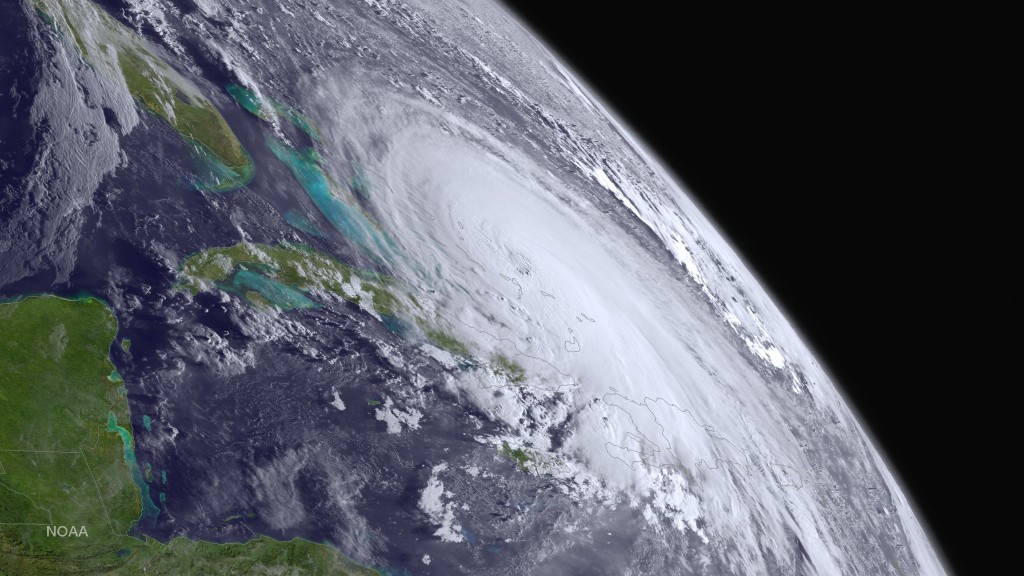What Makes Hurricanes Like Joaquin Tick?
What Makes Hurricanes Like Joaquin Tick?
 Although this year's predicted strong El Niño means the Atlantic hurricane season will be a quiet one, it doesn't mean the western Atlantic will be devoid of violent storms. Case in point: Hurricane Joaquin.
Although this year's predicted strong El Niño means the Atlantic hurricane season will be a quiet one, it doesn't mean the western Atlantic will be devoid of violent storms. Case in point: Hurricane Joaquin.
The storm's intensity took forecasters by surprise when it jumped over Wednesday night to a category 3—two days ahead of predictions. The National Hurricane Center expects Joaquin will hit category 4 status either later Thursday or Friday.
A drop in wind shear and an unusually warm pool of water in the ocean have contributed to Joaquin's growth into a powerful hurricane.
Fuel Supply
Evaporation of warm water powers a hurricane and causes it to intensify, said Kerry Emanuel, an atmospheric scientist at MIT in an earlier interview. Hotter sea surface temperatures means more water evaporating into the atmosphere, loading a hurricane with more energy.
Joaquin's slow-moving nature means it has more time to power up, which helps to account for the storm's explosive growth. The hurricane will lose steam once it's separated from warm water.
"That's why they always start to die when they move over land," said Emanuel. "[It's] because they don't have that fuel supply."
All that atmospheric churning translates to turmoil in the ocean. Hurricanes drag up cold seawater, which can put a damper on things. "A lot of hurricanes don't get as strong as they could because of this," Emanuel said.